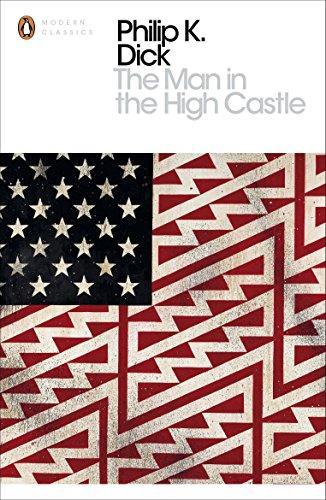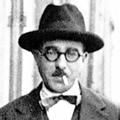Ramirenko reseñó El Hombre En El Castillo de Philip K. Dick
El hombre en el castillo
2 estrellas
No me gusta la manera de narrar de este autor. Ya me pasó con Ubik y lo he podido volver a comprobar en esta segunda oportunidad. Me resulta innecesariamente farragoso. Su escritura no es intrincada por ser profunda, sino que simplemente le salen unas frases rarísimas. Quizá la traducción que me ha llegado no fuese la mejor, ya que era una edición muy vieja de bolsillo. O a lo mejor yo no estoy en mi mejor momento como lector, qué sé yo...
La trama no se pone interesante hasta más allá de la mitad del libro y como ucronía resulta bastante decepcionante. Su estructura no ayuda en nada, sino que te pierde. El autor no te proporciona contexto suficiente y tardas mogollón en hacerte una idea de las cosas.
¿Algo bueno? El argumento es a priori atractivo y el final es interesante. Su ambigüedad da que pensar.
…
No me gusta la manera de narrar de este autor. Ya me pasó con Ubik y lo he podido volver a comprobar en esta segunda oportunidad. Me resulta innecesariamente farragoso. Su escritura no es intrincada por ser profunda, sino que simplemente le salen unas frases rarísimas. Quizá la traducción que me ha llegado no fuese la mejor, ya que era una edición muy vieja de bolsillo. O a lo mejor yo no estoy en mi mejor momento como lector, qué sé yo...
La trama no se pone interesante hasta más allá de la mitad del libro y como ucronía resulta bastante decepcionante. Su estructura no ayuda en nada, sino que te pierde. El autor no te proporciona contexto suficiente y tardas mogollón en hacerte una idea de las cosas.
¿Algo bueno? El argumento es a priori atractivo y el final es interesante. Su ambigüedad da que pensar.
P.S. En la portada de mi edición aparece un puto robot, lo cual es sin duda publicidad engañosa.




